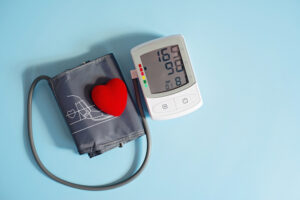The U.S. Food and Drug Administration (FDA) has previously provided guidance for the eligibility of blood donors with blood pressure or pulse outside of the normal range. Guidance for potential blood donors with either blood pressure or pulse outside of specified parameters have only permitted blood donations when “the responsible physician determines that their health would not be adversely affected by donation” on-site the day of donation. Based on feedback and comments, the FDA now allows for a greater amount of flexibility. For donors with blood pressure that is above or below the normal range (90-180 mm Hg systolic and 50-100 mm Hg diastolic), the FDA will now permit telephonic or other off-site consultation with the responsible physician to ensure that blood donation will not affect the health of the donor. Furthermore, self-reporting healthy athletes with a pulse below 50 bpm are now considered eligible to donate if the blood establishment maintains standard operating procedures for this subcategory of donors that are approved by the responsible physician. Similarly, donors with irregular pulses are eligible to donate if their pulse and other health circumstances are defined and approved by the responsible physician as part of standard operating procedures. Licensed blood establishments must report changes in their standard operating procedures if they wish to implement changes based on this new FDA guidance.
Reference:

